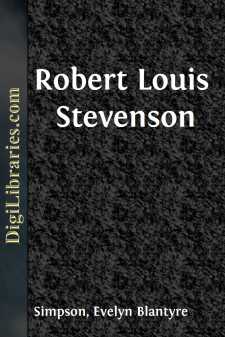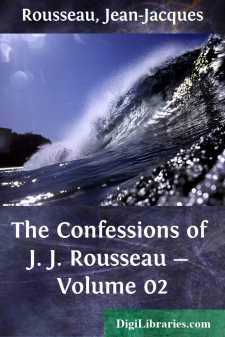Non-Classifiable
- Non-Classifiable 1768
Non-Classifiable Books
Sort by:
SPIRIT OF THE AGE SERIES The publishers desire to announce that it is their purpose to comprise in this series a collection of little books uniform in general style and appearance to the present volume and having for their subjects men and women, whose work and influence, in whatever field of literature or art was their chosen one, may be said to faintly reflect the spirit or tendencies of cultivated...
more...
by:
John N. Reynolds
CHAPTER I. MY INITIATION AND CRIME Guilty! This word, so replete with sadness and sorrow, fell on my ear on that blackest of all black Fridays, October 14, 1887. Penitentiary lightning struck me in the city of Leavenworth, Kansas. I was tried in the United States District Court; hence, a United States prisoner. The offense for which I was tried and convicted was that of using the mails for fraudulent...
more...
by:
Leon Luther Pray
TOOLS AND MATERIALS The art of taxidermy, with its many methods of application, has furnished subject-matter for numerous books, most of these treating the subject in exhaustive style, being written primarily for students who desire to take up the work as a profession. It is the present author's purpose to set forth herein a series of practical methods suited to the needs of the sportsman-amateur...
more...
I THE POWER OF THE DEAD TO RETURN TO EARTH Though there is no period at which the ancients do not seem to have believed in a future life, continual confusion prevails when they come to picture the existence led by man in the other world, as we see from the sixth book of the Æneid. Combined with the elaborate mythology of Greece, we are confronted with the primitive belief of Italy, and doubtless of...
more...
INTRODUCTION. The investigation, the results of which are reported in this bulletin, was undertaken for the purpose of securing information in regard to the composition of brewery products made in this country. The main object of this investigation was to find, if possible, a means of distinguishing beers and ales made entirely from malt from those made from malt together with other cereal products,...
more...
by:
H. R. Hill
ADVERTISEMENT. The following observations were thrown together as the result of communications with several gentlemen locally acquainted with the Isthmus of Panama, and who expressed to the writer their astonishment, that amidst the numerous undertakings, of more or less utility, which science has realised in our time, one so important to the whole commercial world, so easy of accomplishment, and so...
more...
Chapter 1. Introduction—The Huguenots in South Carolina. The name of FRANCIS MARION is identified, in the history of South Carolina, his parent state, with all that is pleasing and exciting in romance. He is, par excellence, the famous partisan of that region. While Sumter stands conspicuous for bold daring, fearless intrepidity and always resolute behavior; while Lee takes eminent rank as a gallant...
more...
INTRODUCTION. This book is the outcome of many years of study. With the exception of a few quotations, none of the material has ever before appeared in any book. The writer has been indebted for years past to many of the physicians mentioned in the following pages for copies of pamphlets and magazines, and for newspaper articles, bearing upon the medical study of alcohol. Indeed, had it not been for...
more...
Until the middle of this (the nineteenth) century the favorite theory with those who attempted to explain the phenomena of History was the Great-Man-Theory. This theory was that once in a while through infinite mercy a great man was sent to the earth who yanked humanity up a notch or two higher, and then we went along in a humdrum way on that level, or even sank back till another great man was...
more...
The moment in which fear had instigated my flight, did not seem more terrible than that wherein I put my design in execution appeared delightful. To leave my relations, my resources, while yet a child, in the midst of my apprenticeship, before I had learned enough of my business to obtain a subsistence; to run on inevitable misery and danger: to expose myself in that age of weakness and innocence to...
more...











